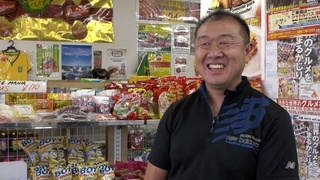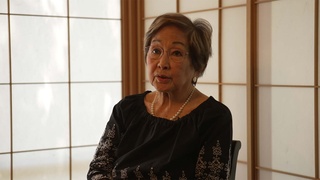Interviews
Working at the magazine
When I first came to Japan, I was just an American living in Japan. And working at that Buddhist magazine was interesting because they had some very important teachers in there. This was an old, kind of an elite society of scholars and it’s very old-fashioned. Of course I know nothing about this and quite often, my behavior was completely out of line with what they expect. And so that was part of my difficulty working at that magazine. They expected me to be an old Japanese gentleman, which I am not. Or I was not at that time. This was the problem, was that I didn’t know how to behave correctly as a Japanese. And so as I was watching my kids grow up, I learned a lot of things from them about how to speak properly and how to behave and how to be more nice. So thanks to my kids, I am more cooperative now than I was 3 years ago! It’s just like clothes. You have to change your clothes. You can’t wear the same kind of clothes for 30 years. You have to wear new clothes.
Date: November 13, 2003
Location: Kyoto, Japan
Interviewer: Art Nomura
Contributed by: Art Nomura, Finding Home.







